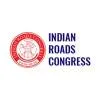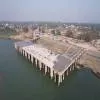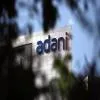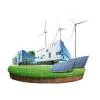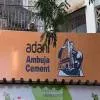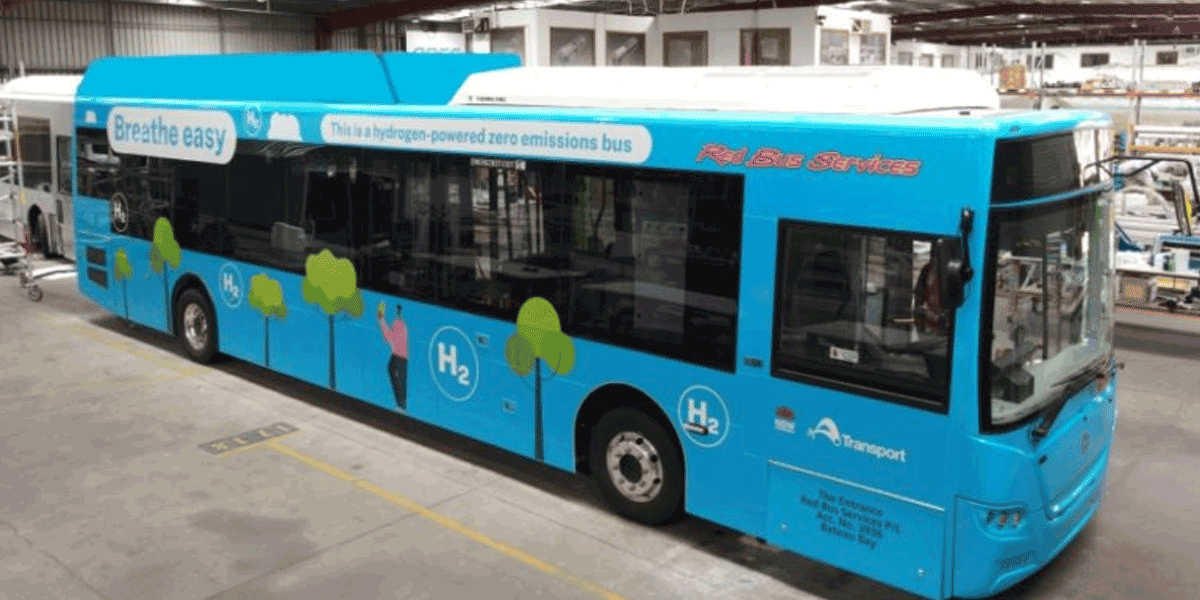
New Town Kolkata: Hydrogen Buses Fuel Smart City Surge
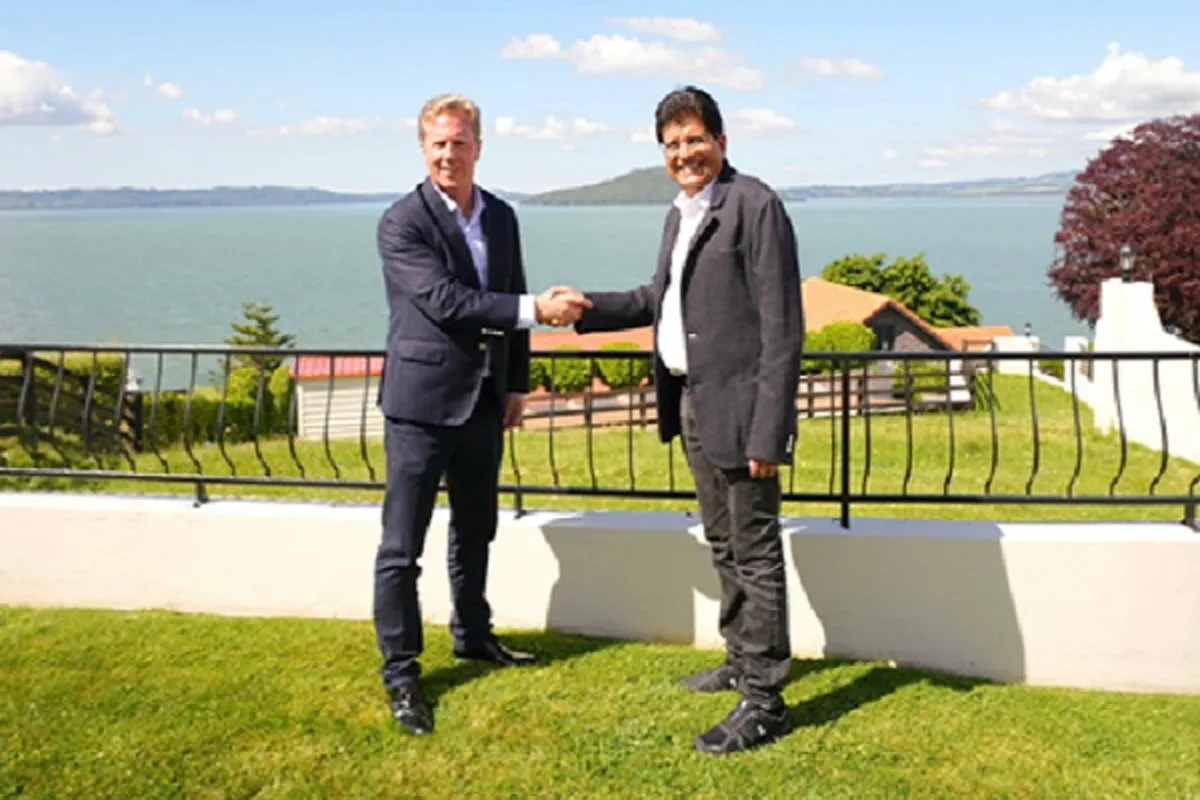
India–New Zealand FTA Talks Make Strong Progress in Fourth Round
The fourth round of negotiations on the India–New Zealand Free Trade Agreement (FTA) concluded successfully in Auckland and Rotorua after five days of constructive discussions between the two sides.Union Minister of Commerce and Industry, Piyush Goyal, and New Zealand’s Minister for Trade, Todd McClay, commended the steady progress made during this round and reiterated their commitment to a modern, comprehensive, and future-ready FTA.Delegations from both countries engaged across key areas such as trade in goods, trade in services, economic cooperation, and rules of origin. The discussions..
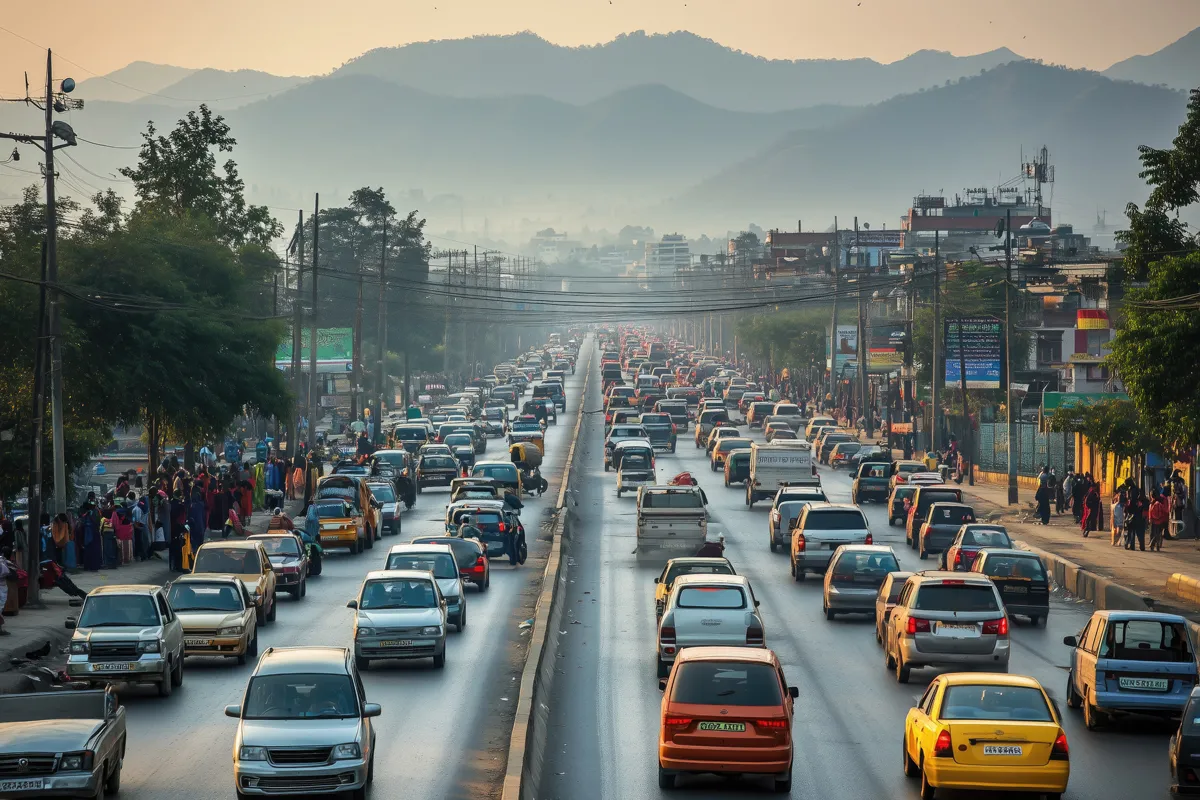
NHAI Widening Road Near Subroto Park to Ease Delhi–Gurugram Traffic
The National Highways Authority of India (NHAI) has undertaken a project to widen the carriageway from two lanes to four lanes on the left-hand side (towards Gurugram) near Subroto Park Air Force Station in New Delhi. The initiative aims to decongest traffic and enhance connectivity between Dhaula Kuan and Delhi Airport. The project will eliminate the existing bottleneck at the start of the Parade Road underpass, where traffic movement towards Gurugram is currently restricted due to a Metro pillar located at the carriageway’s edge. To create additional road space, NHAI is relocating a drain..
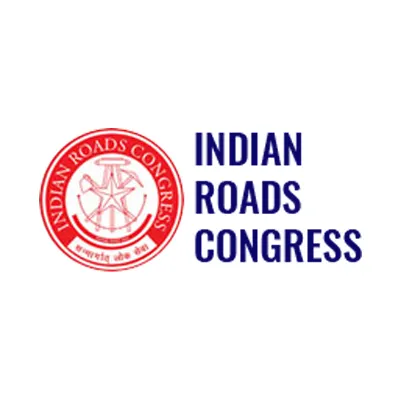
Nitin Gadkari Champions Green Mobility at 84th Indian Roads Congress
Union Minister for Road Transport and Highways, Nitin Gadkari, addressed the 84th Annual Session of the Indian Roads Congress (IRC) in Bhubaneswar, alongside Odisha Chief Minister Mohan Charan Majhi, PWD Minister Prithviraj Harichandan, and IRC President Prof Manoranjan Parida.During his address, Gadkari highlighted India’s shift from being a fuel-importing nation to a fuel-exporting one, powered by the growing production and adoption of ethanol, methanol, bio-LNG, CNG, and green hydrogen. He reaffirmed the government’s strong commitment to road safety through advanced engineering practice..






